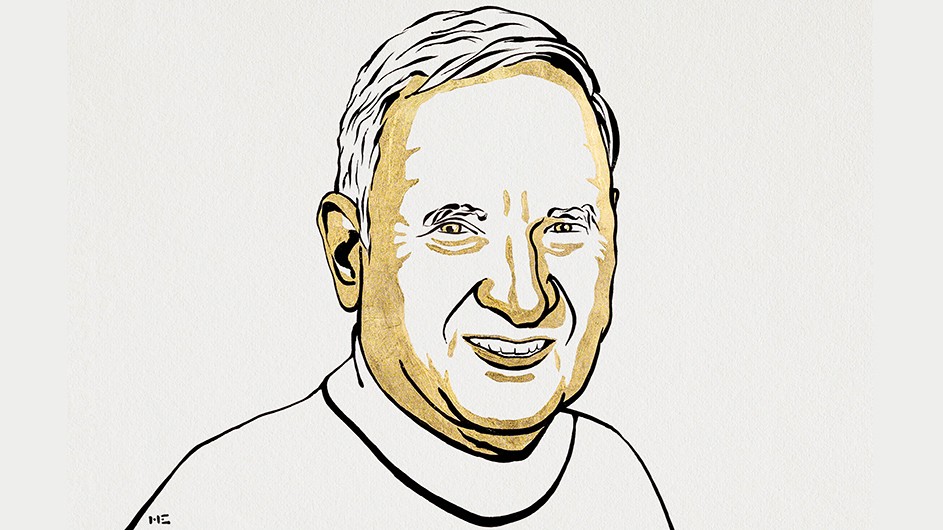Columbia Alum Wins Nobel Prize in Physics
John F. Clauser, who received his PhD from Columbia in 1969, was one of three scientists awarded the 2022 Nobel Prize in Physics.

John F. Clauser, who earned his PhD from Columbia University in 1969, received the Nobel Prize in Physics, the Royal Swedish Academy announced on Tuesday, sharing the award with two other scientists “for experiments with entangled photons, establishing the violation of Bell inequalities and pioneering quantum information science."
Clauser will split the award with Alain Aspect of the Université Paris-Saclay and École Polytechnique, Palaiseau, France and Anton Zeilinger of the University of Vienna, Austria.
"Alain Aspect, John Clauser and Anton Zeilinger have each conducted groundbreaking experiments using entangled quantum states, where two particles behave like a single unit even when they are separated," the Academy said in a press release announcing the award: "Their results have cleared the way for new technology based upon quantum information."
“It’s a great pleasure to add my voice, on behalf of the University, to those congratulating John Clauser this morning,” said Columbia President Lee C. Bollinger. “His work on quantum entanglement, while a doctoral student at this University and in the decades since, will undoubtedly serve as inspiration to independently minded scholars seeking to push their respective fields into new and exciting territories—here at Columbia and around the world.”
Spooky Action Explained by a Columbia Quantum Expert
"We are thrilled that one of our own alumni is being recognized for his contributions to quantum mechanics. Columbia has been a leader in quantum mechanics virtually since its inception, with Isidor Isaac Rabi bringing quantum mechanics to Columbia and the U.S. in 1929, after two years spent learning about it in Europe. This prize is further recognition of that, and we heartily congratulate John Clauser on his award," said Robert Mawhinney, dean of the Division of Natural Sciences at Columbia.
The team was awarded the prize for experiments that demonstrate what is known as “quantum entanglement” – the fact that two particles can affect each other despite being far apart from one another and seeming to have no physical connection. Quantum physics has observed that entangled particles can be separated by vast distances (in different galaxies, for example, millions of years light years apart), and yet demonstrate closely correlated behavior.
Albert Einstein rejected the idea of entanglement, which he famously called “spooky action at a distance” because it clashed with one of the basic assumptions of physics at his time (and of the observable world in general), which is that objects must be in immediate physical proximity to be affected by one another. But experiments including Clauser, Aspect, and Zeilinger’s have since lent credence to the belief that such “spooky” action is real.
Clauser was born in 1942 in Pasadena, California. He received his MA from Columbia in 1966 and his PhD from Columbia in 1969.
In 2010, the same team of Aspect, Clauser, and Zeilinger shared the Wolf Prize in physics for "their conceptual and experimental contributions to the foundations of quantum physics, specifically an increasingly sophisticated series of tests of Bell’s inequalities or extensions there of using entangled quantum states.”
Read the Academy’s full announcement on this year's Nobel Prize in Physics.